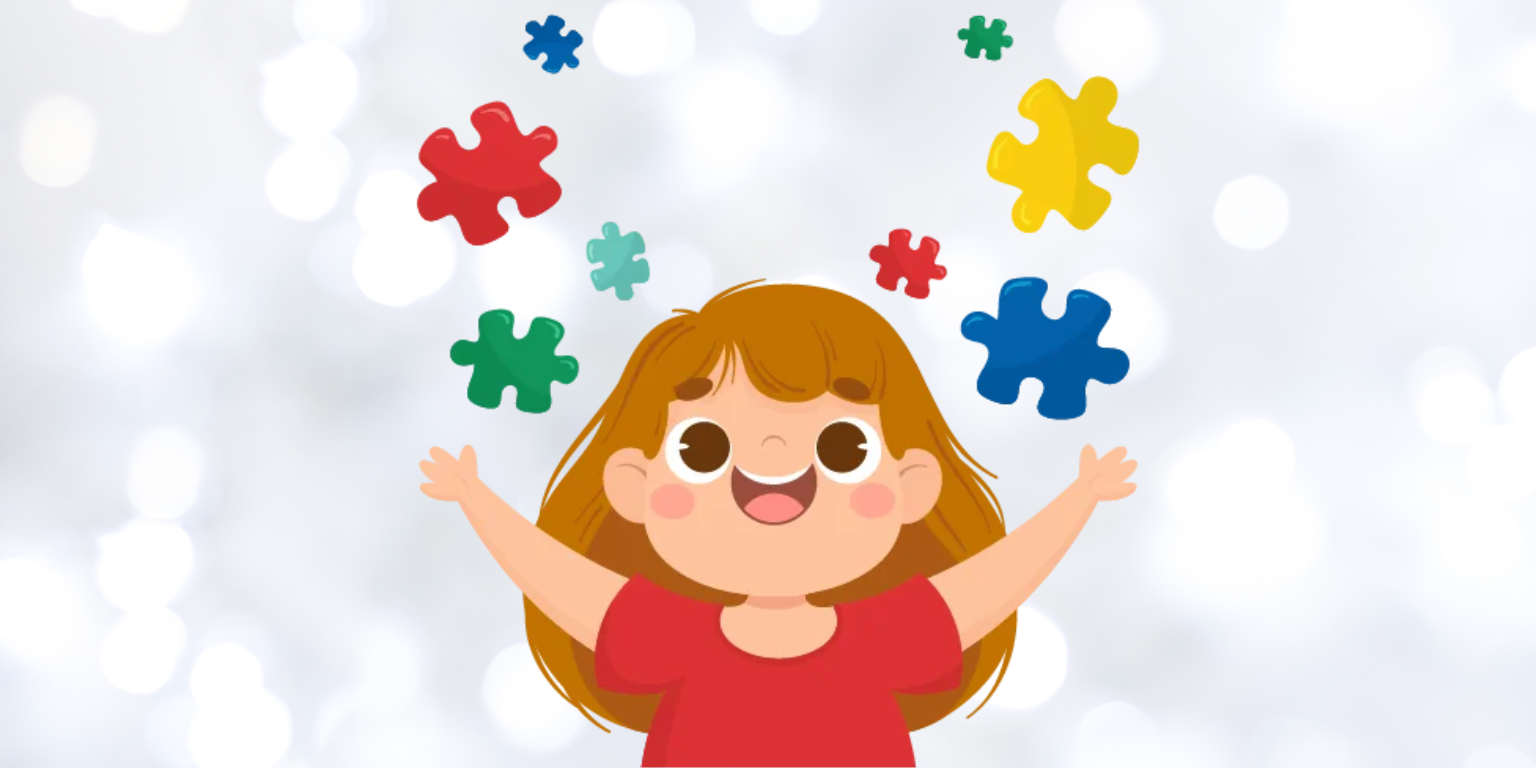Hearing impairment in children, also known as pediatric hearing loss, is a condition characterized by a partial or complete loss of hearing ability in one or both ears. This impairment can vary in severity, ranging from mild, where the child may have difficulty hearing faint sounds, to profound, where the child may not be able to hear any sounds at all.
Children with hearing impairment may face challenges in various aspects of their development. One of the most significant impacts is on speech, language, and communication skills. Hearing loss can affect a child’s ability to acquire and produce speech sounds, leading to delays or difficulties in language development. It can also hinder their ability to understand spoken language and engage in meaningful conversations with others.
Furthermore, hearing impairment can impact a child’s social and emotional well-being. Difficulty hearing may result in feelings of isolation, frustration, and low self-esteem, particularly in social situations where communication is essential. Additionally, hearing loss can affect a child’s academic performance, as it may interfere with their ability to learn in classroom settings where auditory information is predominant.
Early detection and intervention are crucial for children with hearing impairment. Screening programs in newborns and infants help identify hearing loss as early as possible, allowing for timely intervention to minimize its impact. Treatment options may include hearing aids, cochlear implants, speech therapy, and educational support tailored to the child’s individual needs.
In summary, hearing impairment in children is a complex condition that can significantly affect various aspects of a child’s development. However, with early detection, appropriate intervention, and ongoing support, children with hearing loss can achieve their full potential and lead fulfilling lives.







